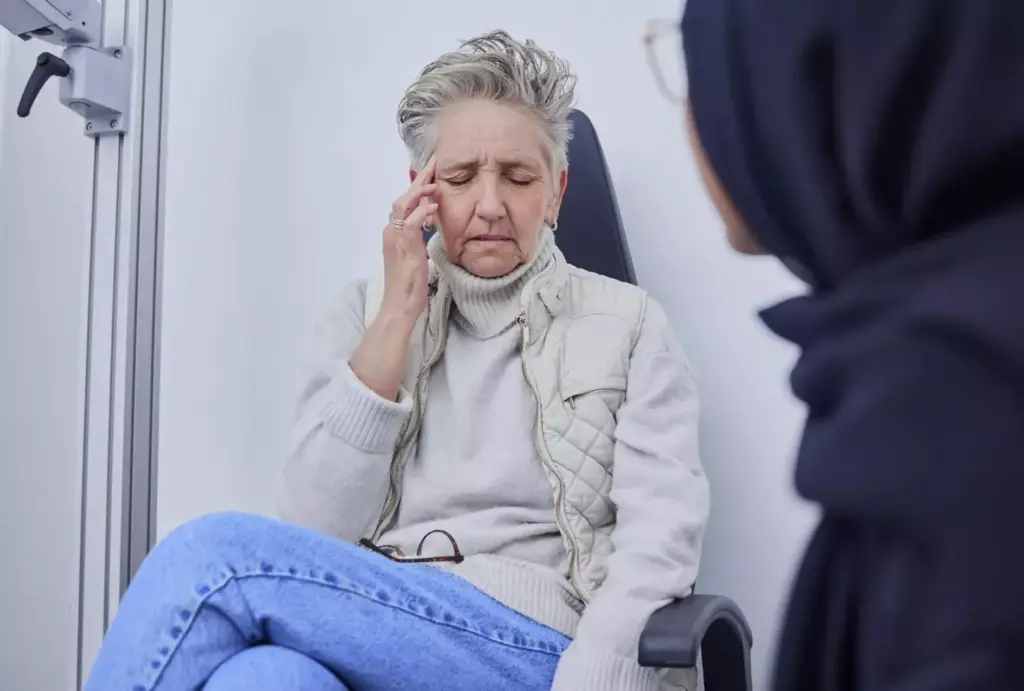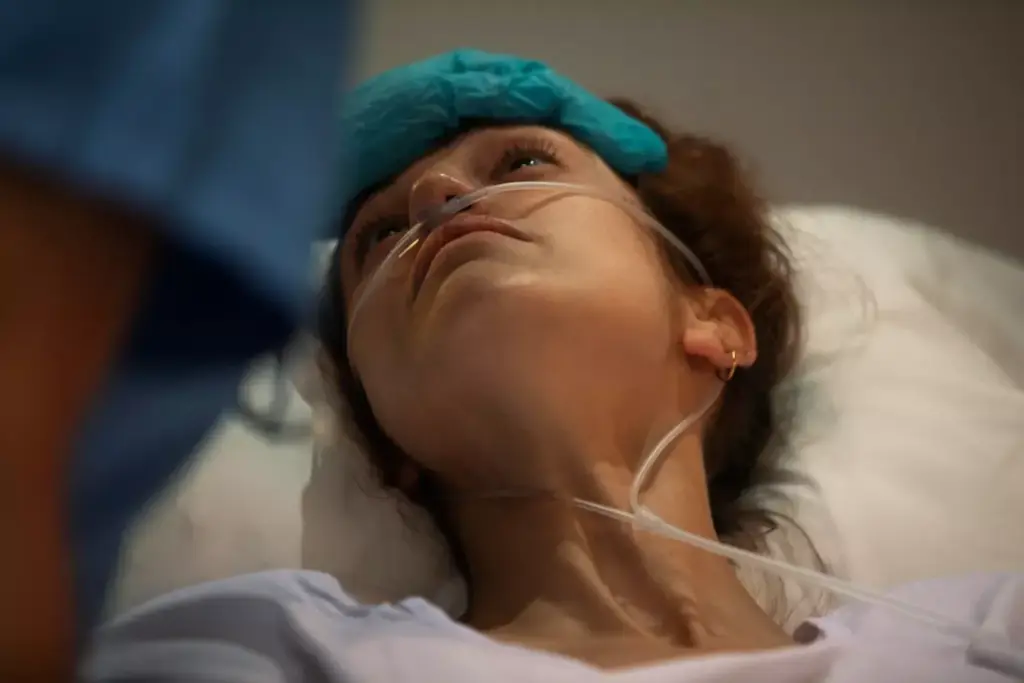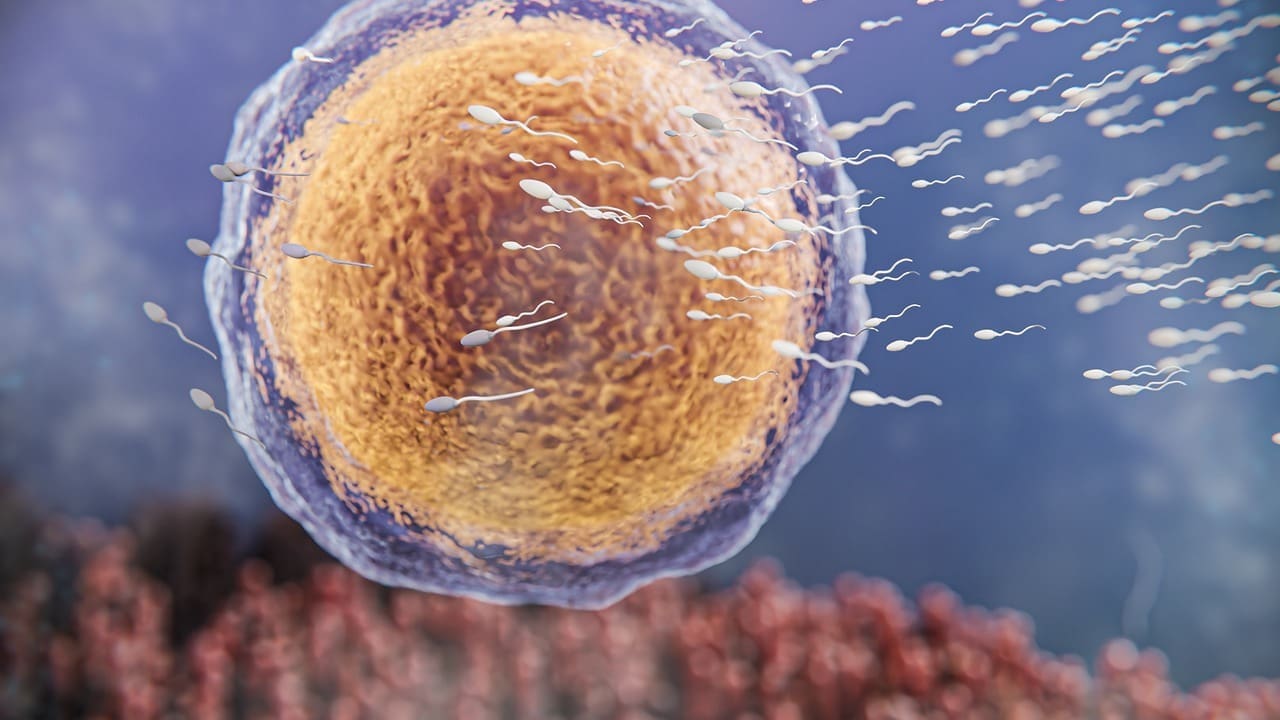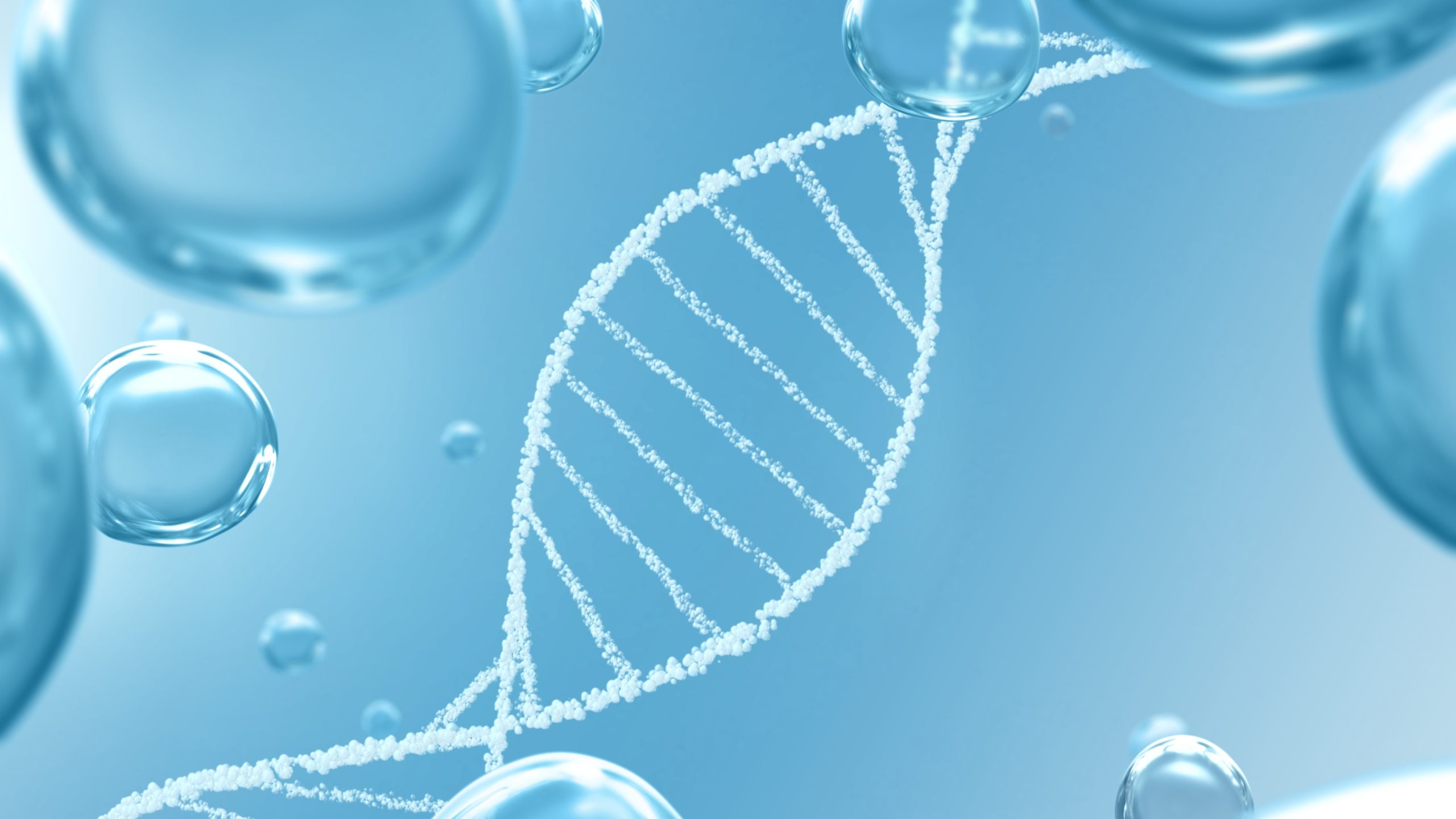Last Updated on November 26, 2025 by Bilal Hasdemir
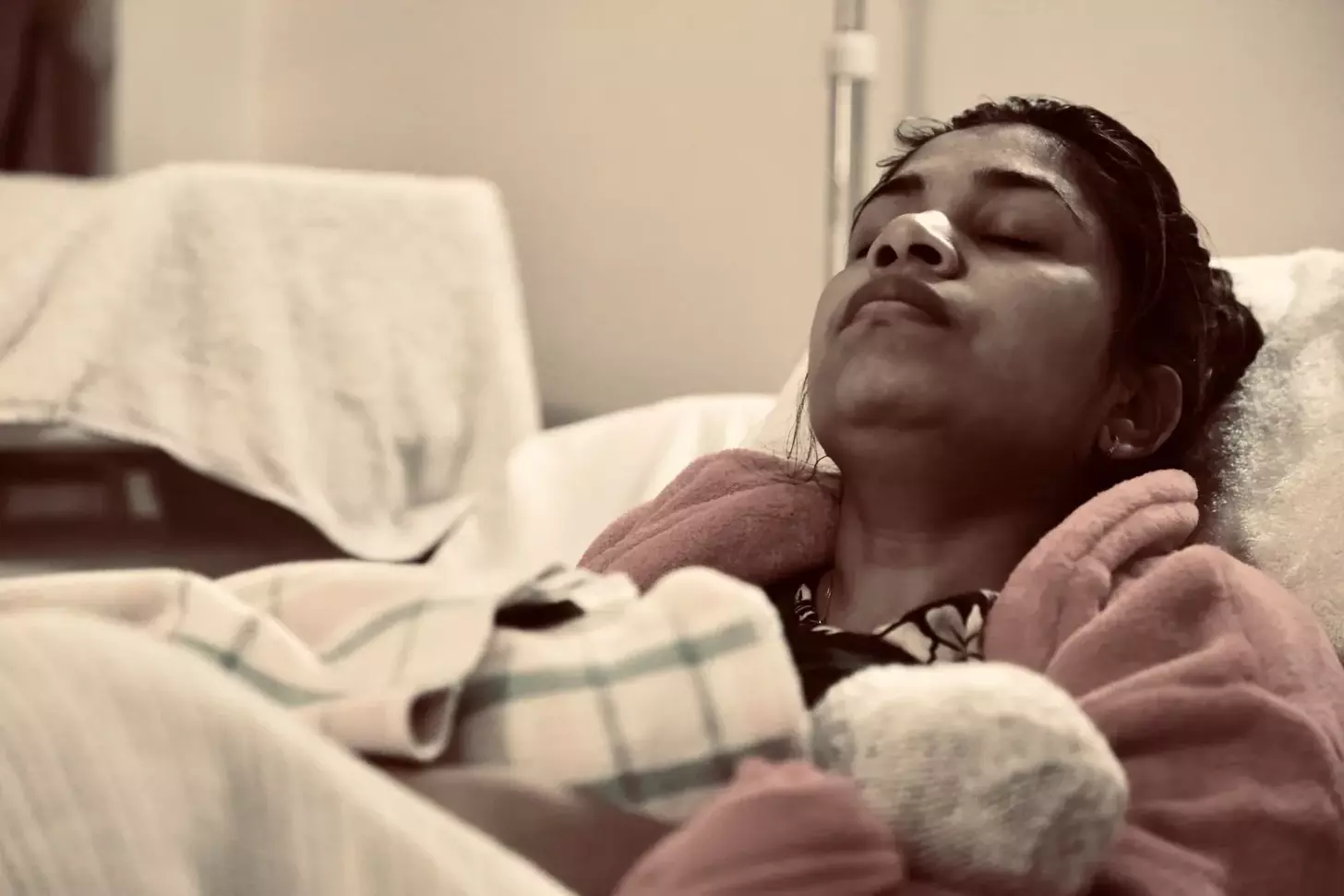
Chemotherapy-induced fatigue is a common side effect for cancer patients. Up to 90% of patients report significant tiredness during or after treatment. This can greatly affect their quality of life.
At Liv Hospital, we know managing this fatigue is as important as treating cancer. Our team is dedicated to providing care that meets all our patients’ needs. This includes physical, emotional, and psychological support.
We will look into why chemotherapy-related tiredness happens. We will also share ways to help patients feel more energetic and improve their overall health.
Key Takeaways
- Chemotherapy-induced fatigue affects up to 90% of patients.
- Fatigue can significantly impact a patient’s quality of life.
- Managing fatigue is key for overall well-being.
- Effective management strategies can help alleviate symptoms.
- Comprehensive care addresses physical, emotional, and psychological needs.
The Reality of Chemotherapy-Related Fatigue
It’s key for patients and doctors to understand chemotherapy-related fatigue. This condition is complex and affects many cancer patients. It impacts their life quality and treatment ability.
Prevalence and Impact on Cancer Patients
Chemotherapy-related fatigue is pervasive among cancer patients. Studies show up to 90% of patients feel it during treatment. It’s not just feeling tired; it’s deep exhaustion that hinders daily life and well-being.
- It affects physical functioning and the ability to perform daily tasks.
- It can lead to emotional distress, including anxiety and depression.
- It may impact social relationships due to decreased energy levels.
How Chemo Fatigue Differs from Normal Tiredness
Chemotherapy-related fatigue is different from regular tiredness. Unlike normal tiredness, it doesn’t go away with rest and sleep. It’s marked by:
- A lack of energy and motivation.
- Physical weakness.
- Cognitive fatigue, often referred to as “chemo brain.”
One patient said, “The fatigue from chemotherapy was unlike any tiredness I’d felt before. It felt like my body was drained of all energy, and no rest helped.”
“I felt like I was running on empty all the time.”
The Science Behind Chemo and Exhaustion
It’s important to know how chemotherapy and fatigue are linked. Chemotherapy fights cancer cells that grow fast. But it also harms other fast-growing cells in our body, like in the bone marrow, gut, and hair follicles.
Disruption of Normal Cell Function
Chemotherapy messes with how cells work. This messes up the bone marrow, where blood cells are made. It can lower the number of red blood cells, white blood cells, and platelets.
This can cause anemia, a lack of red blood cells or hemoglobin. Anemia makes it hard for the body to carry oxygen to tissues and organs. This is a big reason for feeling tired.
Anemia and Reduced Oxygen Delivery
Anemia is a common side effect of chemotherapy. It’s a big reason for feeling tired. Without enough red blood cells or hemoglobin, tissues and organs don’t get enough oxygen.
This makes it hard to do everyday things. It also makes it tough to focus and remember things.
Cytokine Dysregulation and Inflammation
Chemotherapy can mess with cytokines, leading to inflammation. Cytokines help fight infections and heal tissues. But when they’re out of balance, it causes chronic inflammation.
Chronic inflammation makes us feel tired. It messes with how cells work and releases pro-inflammatory cytokines. These can affect the brain and nervous system, making us feel exhausted and tired.
Physical Mechanisms Driving Treatment Fatigue
Chemotherapy-induced fatigue is a complex issue. It’s caused by several physical factors. This shows that chemo and extreme fatigue are closely related.
Mitochondrial Dysfunction
Mitochondria are key to our cells, making energy. Chemotherapy can harm these organelles. This leads to mitochondrial dysfunction.
This damage makes cells less able to produce energy. This is a big reason for feeling tired.
Neurotransmitter Pathway Changes
Chemotherapy can change the balance of neurotransmitters in the brain. These changes affect energy and motivation pathways. This can cause exhaustion and make it hard to do daily activities.
Hormonal Imbalances During Treatment
Hormonal changes are also a big factor in fatigue after chemotherapy treatment. Chemotherapy can mess with the body’s hormonal balance. This affects hormones that help with energy metabolism.
This disruption can cause persistent tiredness and weakness. Understanding these physical mechanisms is key to managing cancer exhaustion. By tackling the root causes, healthcare providers can offer better support to patients.
Secondary Factors Worsening Chemo Tiredness
Chemotherapy can make you very tired. But, other things can make this tiredness even worse. These factors can really affect how well you feel during treatment.
Sleep Disturbances and Insomnia
Cancer patients often have trouble sleeping. Insomnia makes you feel even more tired. Not getting enough sleep makes it harder for your body to recover from chemo.
Try to go to bed at the same time every night. Make your bedroom comfy and avoid screens before bed. This can help you sleep better.
Nutritional Deficiencies and Appetite Loss
Not eating well can make you feel very tired. Chemo can make you lose your appetite and feel sick to your stomach. This can make it hard to get the nutrients you need.
Eating a balanced diet is key. Talk to a nutritionist to make a meal plan that fits your needs. This can help you stay strong.
Dehydration from Treatment Side Effects
Dehydration can make you feel even more tired. Vomiting and diarrhea can cause you to lose fluids. It’s important to drink lots of water.
Drink water and other fluids to stay hydrated. Electrolyte drinks can help replace lost salts.
Pain and Medication Side Effects
Pain and some medicines can make you feel more tired. Managing your pain well and knowing about medicine side effects can help. This can help you have more energy.
| Secondary Factor | Impact on Fatigue | Management Strategy |
|---|---|---|
| Sleep Disturbances | Exacerbates feelings of tiredness | Improve sleep hygiene |
| Nutritional Deficiencies | Weakens the patient | Balanced diet and nutrition planning |
| Dehydration | Contributes to fatigue | Stay hydrated with fluids and electrolytes |
| Pain and Medication Side Effects | Increases fatigue | Effective pain management and medication monitoring |
By tackling these secondary factors, you can manage your chemo fatigue better. This can improve your life quality during treatment.
Psychological Dimensions of Cancer-Related Fatigue
Cancer-related fatigue is more than just feeling tired. It also affects your mind and emotions. Factors like depression, anxiety, and “Chemo Brain” play a big role.
Depression and Anxiety During Treatment
Depression and anxiety are common in cancer patients. They can make fatigue worse. It’s important to tackle these mental health issues to manage fatigue better.
For example, depression can make it hard to do things you used to enjoy. Anxiety can add to stress, making fatigue even harder to handle. By dealing with these issues, patients can fight fatigue more effectively.
Cognitive Effects (“Chemo Brain”)
Many cancer patients face brain fog, or “Chemo Brain.” This can cause memory loss, trouble focusing, and confusion. These problems can make fatigue worse.
Studies show “Chemo Brain” might be caused by chemotherapy’s effects on the brain. It can also be due to fatigue, stress, and emotional issues. Tackling these brain problems is key to improving life for cancer patients.
Social Support and Its Impact on Energy Levels
Support from loved ones and groups is essential for fighting fatigue. A strong support network offers emotional comfort, practical help, and connection. These things help fight the mental side of cancer-related fatigue.
- Emotional support can lessen feelings of loneliness and isolation.
- Practical help, like with chores, can reduce physical strain.
- Support groups offer a sense of community and understanding.
For more on understanding cancer tiredness, check out this resource. It provides insights into the mental and physical aspects of cancer-related fatigue.
Daily Energy Management During Chemotherapy
Managing energy during chemotherapy is all about planning, pacing, and talking to others. It’s key to find ways to save energy and keep life good. This helps us deal with treatment’s tough parts.
Activity Pacing Techniques
Activity pacing is a big help in managing energy. It’s about finding a balance between rest and doing things. By focusing on what’s important and breaking tasks into smaller parts, we can feel accomplished without getting too tired.
- Prioritize essential tasks and delegate or defer less important ones.
- Take regular breaks to rest and recharge.
- Use a diary or planner to schedule activities and track energy levels.
Creating a Personalized Fatigue Management Plan
Every person needs a plan that fits their life and treatment. This plan should look at your health, treatment type, and anything else that affects your energy. It’s all about making a plan that works for you.
Key components of a fatigue management plan include:
- Assessing current energy levels and identifying patterns of fatigue.
- Setting realistic goals for activity and rest.
- Implementing strategies to manage fatigue, such as exercise, nutrition planning, and stress management.
Communicating Needs to Family and Caregivers
Talking to family and caregivers is very important. It helps make sure you get the support you need. By sharing your needs and what you expect, you can feel less alone and make sure your helpers know how to assist you best.
Tips for communicating needs include:
- Being open about your energy levels and how they impact your daily activities.
- Specifically asking for help when needed, whether it’s with household chores, transportation, or emotional support.
- Educating family and caregivers about the effects of chemotherapy and how they can best support you.
Using these strategies can help patients manage their energy better during chemotherapy. This makes life better and helps us handle treatment’s tough parts.
Evidence-Based Interventions for Chemo Fatigue
Managing chemotherapy-induced fatigue needs a mix of strategies. We’ll look at how exercise, nutrition, and sleep can help. These steps can ease this tough condition.
Exercise During Treatment
Exercise is key in fighting chemotherapy fatigue. Research shows that regular physical activity cuts down fatigue. It also boosts the quality of life for cancer patients.
The right exercise depends on the person’s health and treatment stage. For example, aerobic exercises like walking or swimming are good. Resistance training helps keep muscles strong. Always talk to a doctor before starting a new exercise plan during chemo.
Nutrition Strategies to Combat Fatigue
Eating right is also vital in fighting chemotherapy fatigue. Nutritional interventions can lessen symptoms and aid in recovery. Important tips include:
- Drinking enough water
- Eating a balanced diet with proteins, complex carbs, and healthy fats
- Staying away from too much caffeine and sugar
It’s also key to handle side effects like nausea and loss of appetite. These can affect how much you eat.
Sleep Hygiene Improvements
Good sleep habits are critical for managing chemotherapy fatigue. Keeping a regular sleep schedule and a calm sleep area can improve sleep. More tips include:
- Staying away from stimulating activities before bed
- Reducing screen and bright light use in the evening
- Trying relaxation methods like deep breathing or meditation
By adding these proven strategies to their daily life, patients can manage chemotherapy fatigue better. This can also improve their overall health.
Medical Approaches to Managing Treatment Exhaustion
Managing exhaustion during cancer treatment needs a team effort. Chemotherapy fatigue affects patients in many ways. Medical help is key to improving life quality during and after treatment.
When to Consult Your Healthcare Team
It’s vital to talk openly with your healthcare team about fatigue. Consulting your healthcare team is the first step. Share how tired you are and how it affects your daily life. They can offer advice, suggest treatments, and watch for other issues that might be causing fatigue.
Medications That May Help With Fatigue
There’s no single drug for chemotherapy fatigue, but some might help. Medications like psychostimulants and wakefulness agents have shown promise. But, doctors must watch for side effects and how they interact with other treatments.
Treating Underlying Contributors
Fatigue can come from many sources, not just chemotherapy. Treating underlying contributors is important. For example, treating anemia, managing pain, and improving sleep can boost energy. Good nutrition is also essential.
Combining medical advice, possible medications, and addressing underlying issues helps manage exhaustion. It’s about finding the right balance and making informed choices with healthcare support.
Conclusion: Navigating Life During and After Chemo Fatigue
Coping with chemotherapy fatigue is key in cancer treatment. Knowing the causes and how to manage it helps patients on their journey. We’ve looked at the physical, psychological, and secondary factors that lead to tiredness.
Managing chemo-induced fatigue needs a full approach. Activities like pacing, good nutrition, and better sleep can help. Working with healthcare providers to create a personal plan is also important.
It’s vital for patients to focus on their well-being during and after chemo. By using proven methods and making lifestyle changes, they can feel more energetic and live better. We aim to offer top-notch healthcare and support to international patients facing chemotherapy challenges.
FAQ
What is chemotherapy-induced fatigue?
Chemotherapy-induced fatigue is a common side effect of cancer treatment. It makes you feel extremely tired and affects your daily life.
How does chemotherapy cause fatigue?
Chemotherapy disrupts cell function, leading to anemia and other changes. These changes affect energy production and overall health.
What are the physical mechanisms driving treatment fatigue?
Treatment fatigue is caused by changes in cells and hormones. These changes affect how our bodies produce energy.
How can secondary factors worsen chemotherapy-induced fatigue?
Factors like sleep problems, poor nutrition, and pain can make fatigue worse. It’s important to manage these to feel better.
What role do psychological factors play in cancer-related fatigue?
Mental health issues like depression and anxiety can affect energy levels. Social support is also key in managing fatigue.
How can patients manage energy levels during chemotherapy?
Patients can manage energy by pacing activities and making a fatigue plan. Talking to family and caregivers is also important.
What evidence-based interventions can help alleviate chemo fatigue?
Interventions like exercise, nutrition, and better sleep can help. These improve well-being and reduce fatigue.
When should patients consult their healthcare team about fatigue?
Patients should talk to their healthcare team if fatigue gets worse. They can help manage it and find the cause.
Can medications help alleviate chemotherapy-induced fatigue?
Some medications can help with fatigue. Patients should discuss options with their healthcare team.
How can patients cope with chemo exhaustion after treatment?
After treatment, patients can keep using strategies like pacing and improving sleep. Support from healthcare teams and loved ones is also important.


